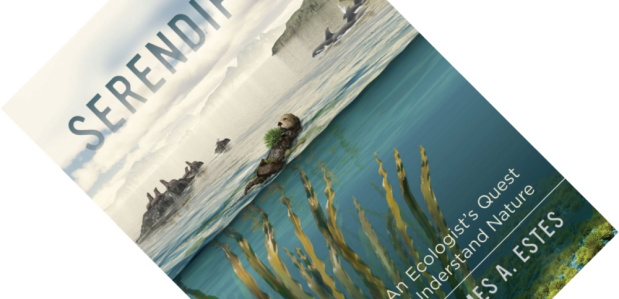Sea otters don’t eat algae. And yet, their diet influences the abundance of seaweed. How? Indirectly. Sea otters eating sea urchins (spiky animals in the same class as sea stars) eating kelp has become a textbook example of a trophic cascade, and Serendipity is a first-hand account by ecologist James A. Estes of how this happened. A trophic cascade refers to the indirect effects that ripple through a food web as a result of, for example, a predator consuming its prey. Simultaneously, the book is a searingly open account of how science is done, how ideas change, and how fortuitous events can suddenly send your research programme off in a whole new direction.
methodology
Book review – Stepping in the Same River Twice: Replication in Biological Research
I ended a recent essay on surviving the misinformation age by mentioning articles that have drawn attention to the problem that a lot of published research cannot be replicated. The popular press has been quick to tarnish the reputation of science amidst claims of misconduct and fraud. Obviously, science stands or falls by its credibility, so, is there a crisis? This book brings together a cross-disciplinary team of authors to examine replication and recommend best practices. And yes, it shows there are many issues, mostly because doing research well is hard, and can be done poorly in many ways, even inadvertently, but systemic fraud and misconduct are not prevalent.


